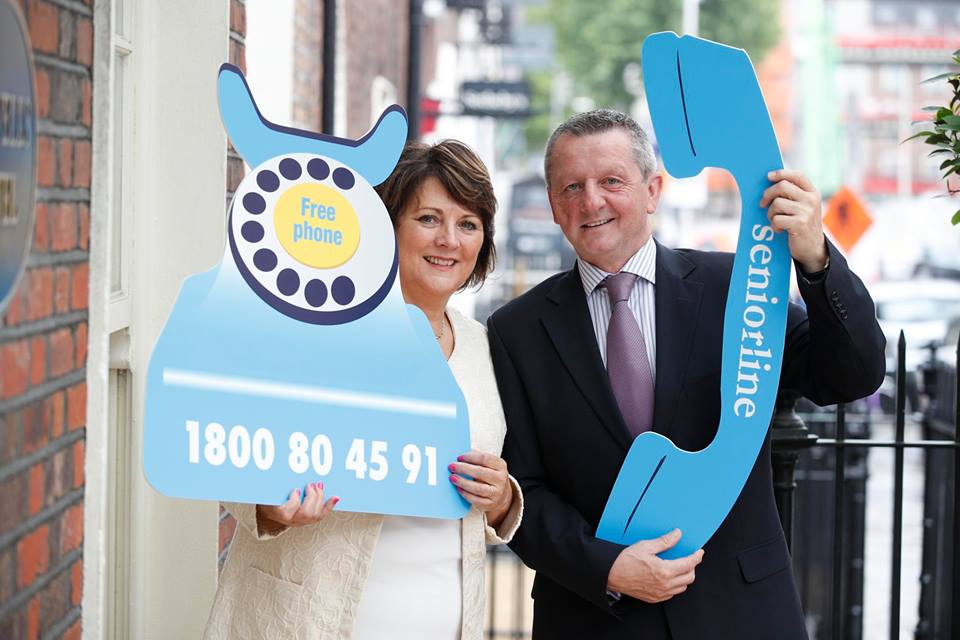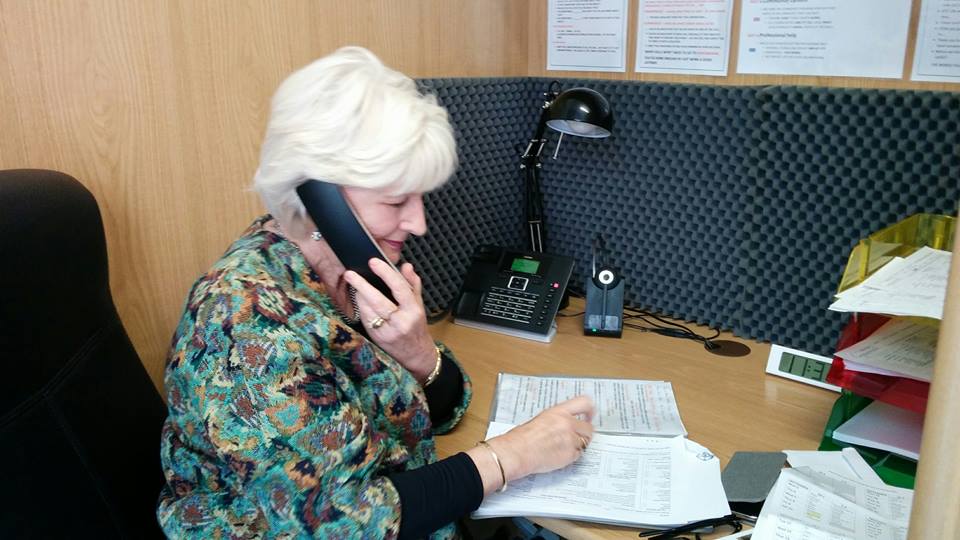
Damian Leneghan is the Programme Manager with SeniorLine, a confidential listening service for older people provided by trained older volunteers. Here he tells us how COVID-19 has affected their service and how they have adapted their volunteer programme.
Tell us a little bit about SeniorLine and how you engage volunteers generally.
Usually we have 178 SeniorLine volunteers, all older people themselves, who answer the support line in 3 hours shifts in one of our 3 Dublin locations. They answer calls from older people on a range of issues including: loneliness, bereavement, suicide, elder abuse and family conflict among other things. Each volunteer does one shift every 3 weeks and always work in pairs meaning that 2 volunteers are on duty at each centre at any time. Volunteers received 5 days of intensive training, have support materials with them on shift and always have the ongoing support of SeniorLine staff.
How has COVID-19 affected how you manage your volunteer programme?
The biggest impact on our programme has been the need for all of our volunteers to do their shifts from home. Luckily, we already had a ‘work from home’ system in place for holiday periods which allows us to use a platform to redirect calls to volunteers at home. Now we have had to move to using this system full time until we get back to normality. We offered the option to all of our volunteers and 109 of them signed up to volunteer from home. This has been brilliant as it means we can still deliver our service but it does involve more work and higher costs on our side.
Volunteers working from home naturally require more support. Volunteers now receive updates twice daily from the Programme Manager via text. It means we can provide that extra support and keep the lines of communication open, although the use of a bulk testing service has increased costs considerably.

How have your volunteers handled the change?
One of the biggest changes from the volunteers’ perspective has been the loss of the social side of volunteering and the support that volunteers provide each other. However, all of our older volunteers have been amazing! Although some were apprehensive and there were a few tech teething errors, everything has been running relatively smoothly. We call each volunteer after their shift which gives them great support – according to them! Our volunteers are themselves older people – the vulnerable group, cocooning, having shopping delivered to their homes, isolated and so on– and yet they are offering their time and experience to their peers – it’s great!
What advice would you give a volunteer manager who has never engaged volunteers virtually/from home?
The most important thing to remember is to keep connected. Give volunteers extra support, call them after their shift, have regular check ins. Never assume all is ok – always ask how they are. It’s also vital make sure volunteers are very clear about their boundaries when at home – their safety and security is priority. And as always, preparation is key. Do a risk assessment and identify how volunteering from home is different than in an office and make it as supported an environment as possible.